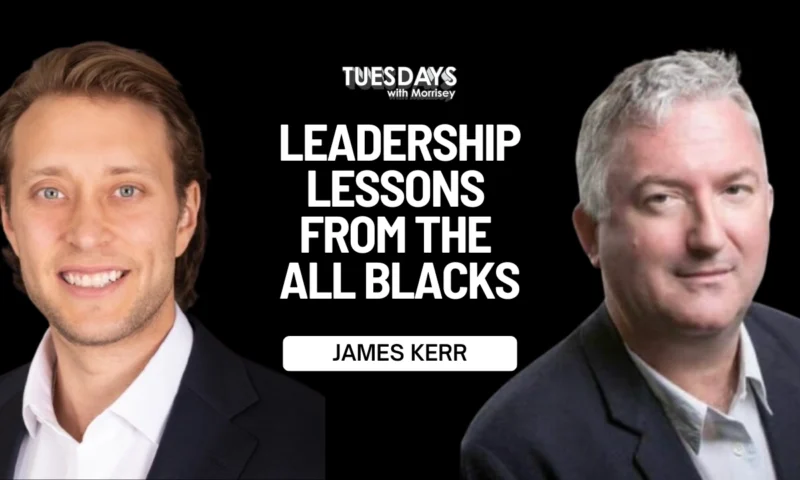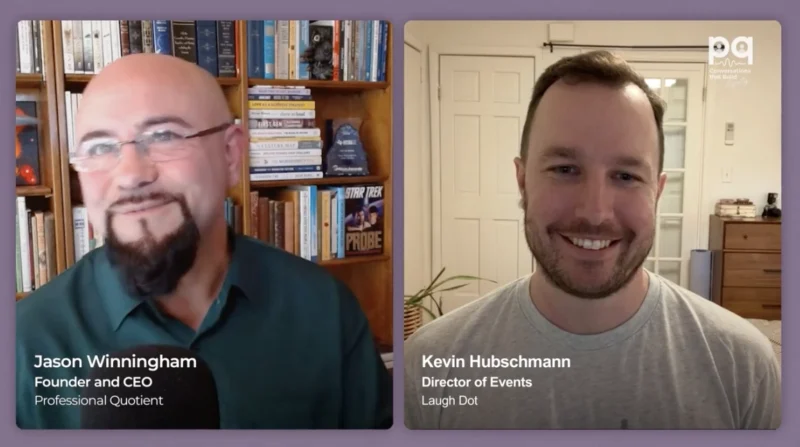Crisis to Comeback: Wall Street’s Counselors and Cleanup Crews with Peter Mosley
In the ever-evolving landscape of Wall Street, where does the line between survival and downfall lie for companies facing financial turmoil; is restructuring financial distress possible? If so, who are the saviors of Wall Street’s financial messes, the cleanup crews that tidy things up? These questions form the crux of the discussion on this episode of Untamed Ethos, hosted by Joshua Wilson. Wilson, the founder of United Ethos Wealth Partners, examines the intricate world of bankruptcy restructuring with his guest, Peter Mosley, the Managing Director of Alvarez & Marsal. Together, they look at the unseen intricacies of corporate restructuring, offering a rare glimpse into the strategies that can either salvage or sink distressed companies.
“We’re sort of like the janitors of Wall Street,” Mosley quipped, highlighting the essential yet often overlooked task of cleaning up the financial mess left by failing corporations in today’s economy. This analogy captures the essence of their work and underscores the critical value they provide in stabilizing the market and preserving jobs.
The conversation takes a deeper dive into the mechanics of restructuring, where Mosley emphasizes the importance of early intervention. “The worst thing they can do is wait till the last moment to deal with it,” Mosley said, stressing the need for companies to act swiftly in addressing their debt issues. This actionable insight resonates with the thematic question posed at the beginning, offering a clear takeaway for businesses on the brink: the key to survival lies not just in recognizing the signs of distress but in taking decisive, preemptive action to mitigate them.
Through this engaging dialogue, The Untamed Ethos Podcast illuminates the shadowy corners of bankruptcy restructuring and serves as a beacon for companies navigating the treacherous waters of financial distress. Mosley’s expertise, coupled with Wilson’s probing questions, provides a roadmap for understanding and overcoming the challenges that threaten corporate stability, making this episode a must-listen for executives, investors, and anyone interested in the dynamics of Wall Street’s cleanup operations.
Topics of discussion include:
- The death of office culture, and how work from home policies impact a firm’s competitiveness
- How so many Wall Street deals go bad. The corporate default rate are the highest they have been since the financial crisis. They almost doubled in 2023 and is expected to rise further in 2024.
- Why do corporate debt maturities and interest rates matter?
- Can we predict where bankruptcies will happen?
- The psychology and “therapy” of restructuring
- How to communicate during a difficult time
- Case: Blockbuster video
- Why storytelling skills matter
- Soft Skills development – coaching empathy in others
- How soft skills learned from his work and mentors made Peter a better father
- Boy are falling behind
- AL’s effect on jobs, social status, and the ability for at risk populations to add value.




